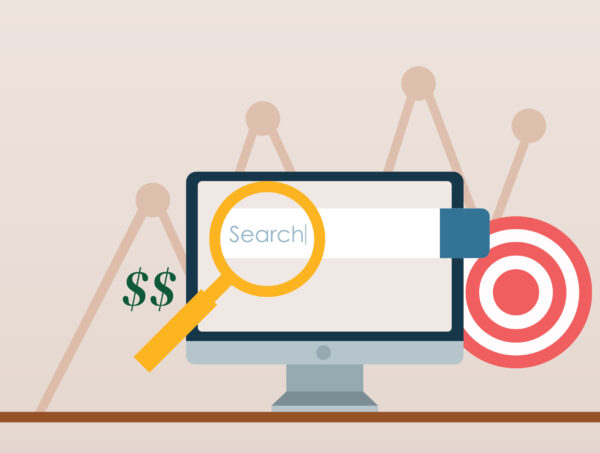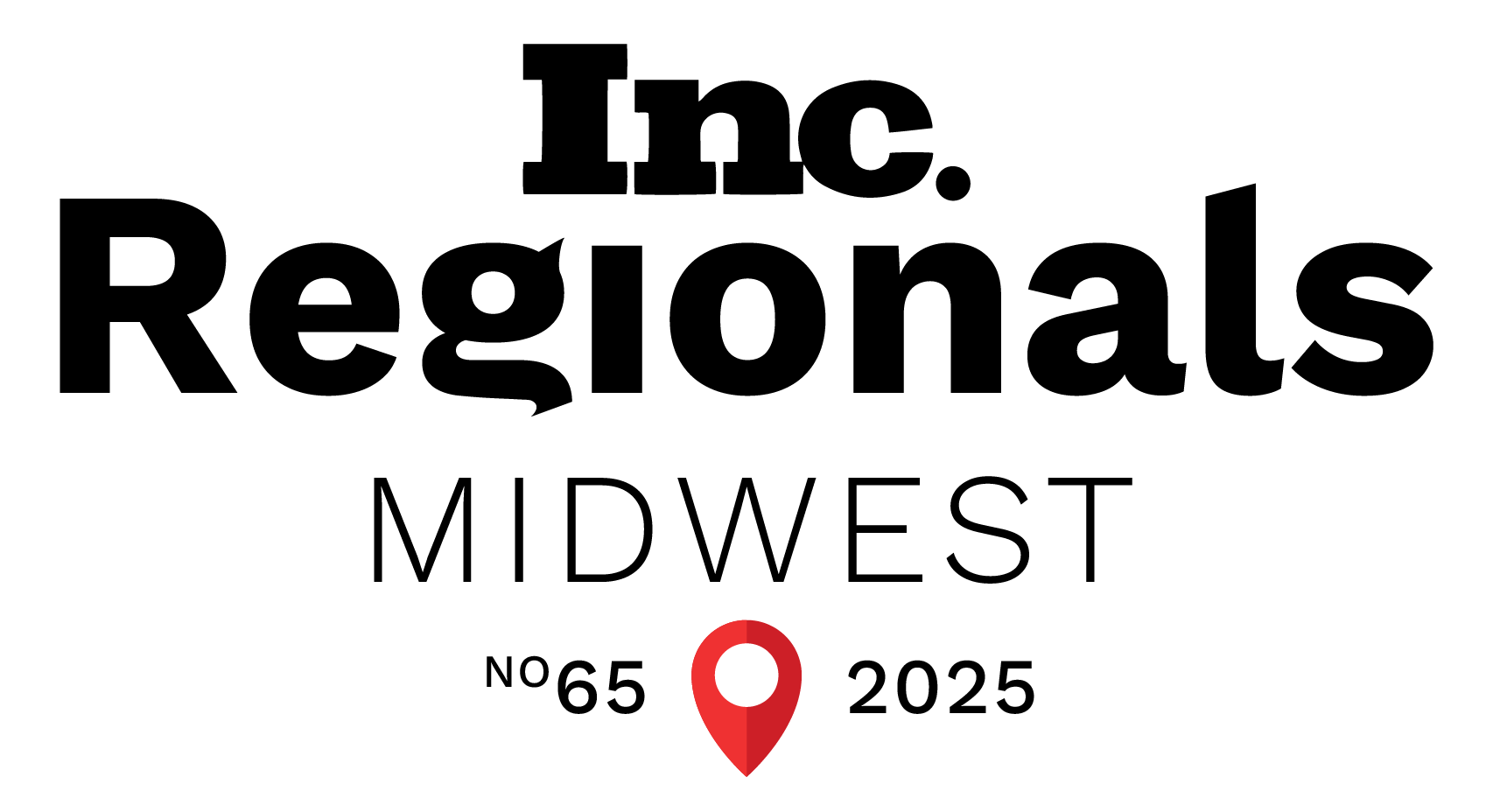

What Are B2B Marketing Best Practices?

Who are your customers, and what are their problems? These two questions should be at the heart of every single marketing decision your business makes.
Customers can either be individual consumers purchasing for personal use, which is a B2C (business-to-consumer) market. Or they can be businesses seeking products or services to enhance their operations, which falls under the B2B (business-to-business) market.
For example, someone needing legal advice would start looking for an attorney. More specifically, they’d likely use search engines and word of mouth to find a lawyer who could help them with their specific problem. This is an example of a business-to-consumer (B2C) market.
So, what is B2B in marketing?
The business-to-business (B2B) model is different from the B2C model. More often than not, you aren’t selling to end users or individuals. Instead, B2B is a business selling to other businesses with multiple buyers, problems, and users. Your marketing decisions can be more complex because your customers (buyers) may be different people than the end users.
However, don’t make the mistake of thinking your customers are businesses; they’re people, just like in B2C. They are simply making business purchases, not personal ones.
In this blog, we’ll walk you through the marketing strategies that work for B2B businesses.
The B2B Buying Process
In a nutshell, the biggest difference between B2B and B2C is the customer. B2B provides products and services to other businesses, and B2C provides products and services to individual buyers.
Additionally, in B2B, the length of the sales cycle is longer, and there are more people involved in the buyer’s journey—awareness, consideration, and decision.
For example, if you are selling couches, and your market is first-time home buyers, you might focus on the price points, size, comfort, and durability. Typically, a buyer will come to a store or shop online, looking for something that fits their lifestyle.
The buyer is moving into a new home and is acutely aware they need furniture. To reach buyers during the consideration stage, you might use marketing channels like social media and traditional advertising (such as billboards). Finally, the buyer might ask about financing or delivery options to help them make a decision.
In contrast, if you’re a B2B marketing plan and sell desks to companies, one person might be tasked with finding options to present to the decision-makers. You should learn where and how they do their research to improve your odds of earning their business.
It’s certainly possible to have many buyers in the decision-making process in a B2C business. For example, if you were purchasing a new pool for your home, multiple people in the household might be involved in the process. The difference in this situation is the relationship between the buyers. Also, in most circumstances, in the B2C market, there isn’t as strong of an emphasis on ROI.
During the consideration phase, a decision-maker—and potentially a user (or multiple users)—will determine if your desks are ideal for the office space and the people who will use them. Finally, someone will decide whether to purchase your desks.
In other words, there may be different audiences for each phase of the buyer’s journey in a B2B market, and your job—or your marketing team’s job—is to provide the right messaging to the right people at the right time.
B2B marketing and B2C marketing tactics have a lot in common. In fact, you’ll use the same B2C digital marketing strategies, such as building websites, SEO (search engine optimization), PPC (pay-per-click), content marketing, email, and social media. However, you’ll need to adapt your approach.
Here’s how you can customer your marketing strategy following a B2B model.
Website Development
A well-built website is a lead-capturing powerhouse for converting visitors into customers. It answers all the right questions for buyers in the awareness and consideration stages of the buyer’s journey.
Good websites are easy to navigate, visually appealing, and provide all the information customers need. Your website should include a contact page (with a form for potential customers to fill out and a phone number), a products or services page, a resources page, and an about page.
In B2B industries, your website differentiates your products and services from the competition.
Think about the person who is tasked with finding desks for their office. Of course, they’ll have questions about price, size, and durability. You might also give them ideas for office furniture layouts and demonstrate what the desks might look like in their space. Maybe you even provide a simple guide they can download from your resources page to share with decision-makers.
You can update your resources regularly with articles, webinars, podcasts, and downloads that help your visitors learn more about your products and services and also help you rank on search engine results pages (SERPs).
SEO
Search engine optimization (SEO) is a cost-effective way to drive organic (unpaid) traffic to your website to help you capture more leads. This strategy starts with research.
Specifically, you will find the words and phrases (keywords) that your typical user, buyer, or decision-maker will type into a search engine. For example, “desks for small office spaces” or “modern office furniture.”
Then, you will use those keywords to create pages designed to target those keywords specifically. Keywords should guide every piece of content on your website. Tools like Moz and SEMrush will help you find what keywords are right for your business.
There are some subtle differences in targeting and SEO strategy when you are in the B2B market. Since the sales cycle is longer for most B2B businesses, you will target more informational keywords. Anything you can do to help educate the buyer and move them along the buyer’s journey will help you earn the sale when they’re ready to buy.
Second, experiment with audience targeting with both high-volume and low-volume keywords. B2C companies might focus on high-volume keywords with thousands of search queries per month. That’s different for B2Bs, especially if you’re targeting a smaller audience with a specific niche.
PPC
Using the keyword research you did for your SEO, you can also build pay-per-click (PPC) campaigns. This strategy isn’t free, but it is effective if you have the right keywords and budget.
PPC campaigns allow businesses to reach a wider audience by placing ads on search engines, social media platforms, and other websites. You can increase your visibility and drive targeted traffic to your website by targeting specific keywords.
The key for B2B businesses is to understand the language of your buyers. Using the furniture example, a B2C company might create a PPC campaign for the keyword “modern office furniture.” However, this could have residential or commercial intent. In contrast, a B2B business might instead create a PPC campaign for the keyword “office furniture for dentist offices.” An effective PPC campaign is powerful when you reach the right customers.
Content Marketing
Content marketing is a way to attract, engage, and convert visitors to your website. This strategy will allow you to educate potential customers, support them along the buyer’s journey, and make them trust and believe in your solutions.
Because so much of the B2B buying process is about gathering information to learn and share with others in their organization, content marketing is key to a successful digital marketing strategy. Think about the questions each person in the buying process might have—then answer them.
The best way to implement B2B content marketing is to build a knowledge base. You can create whitepapers, ebooks, infographics, articles, FAQ pages, podcasts, tutorials, and webinars. Companies like Salesforce and Sprout Social have built robust knowledge bases that serve their potential customers.
A B2B content marketing example is HubSpot, which has blogs, ebooks, and free courses. The HubSpot website even makes it easy to browse resources based on topics.
Similarly, Sprout Social has a Resources page packed with articles, ebooks, and webinars, and organized by topic.

Email Marketing
Your goal for B2B email marketing is to provide information…Yes, there’s a theme here!
So throw away any generic content or boring emails. Your customers won’t open them. A much better approach is to segment your emails by people who’ve purchased from you and those who are prospects. You might also segment by purchase type or the content they’ve browsed on your website.
Then, tailor your email content based on their needs. For example, if you know that someone on your email list downloaded an ebook on a particular topic, give them more information about that topic.
Social Media Marketing
Almost everyone is scrolling social media at some point every day or every week. If your audience is on social media, you should be too. Building a relationship on social media is essential. In fact, B2B buyers tend to have a more emotional connection with their vendors than B2C customers. Once a business finds a vendor they know, like, and trust, they will form a long-term relationship to shorten the time it takes to make a purchase decision in the future. Additionally, the stakes are high when businesses are making financial decisions, so the emotional connection helps them overcome the risk.
You can be innovative, creative, and helpful in the B2B market. And social media is where you can build awareness and find future fans.
B2B businesses can use channels like YouTube to share educational content, rebroadcast webinars, and demonstrate products and services. These same videos can be repurposed into short-form content for platforms like TikTok and Instagram Reels.
The content you build for your website can be articles on LinkedIn. Then, you can pay to promote the post to individuals with specific job titles or within specific industries.
There are so many possibilities. The trick is choosing the right platform and creating engaging content to capture your target audience’s attention.
Psst… Want Help Building Your B2B Digital Marketing Strategies?
There is a lot of information to get you started in this blog, but honestly, it’s just the tip of the iceberg. We specialize in B2B marketing at Metric, and we love it. We know the work we do helps businesses like yours succeed.
If you want to grow your B2B business with a digital marketing strategy but are feeling a little overwhelmed, let’s chat. Give us a call at (734) 404-8714 or fill out our online contact form today.
That's great and all, but...
Looking for real examples?
Ready to Inquire?








